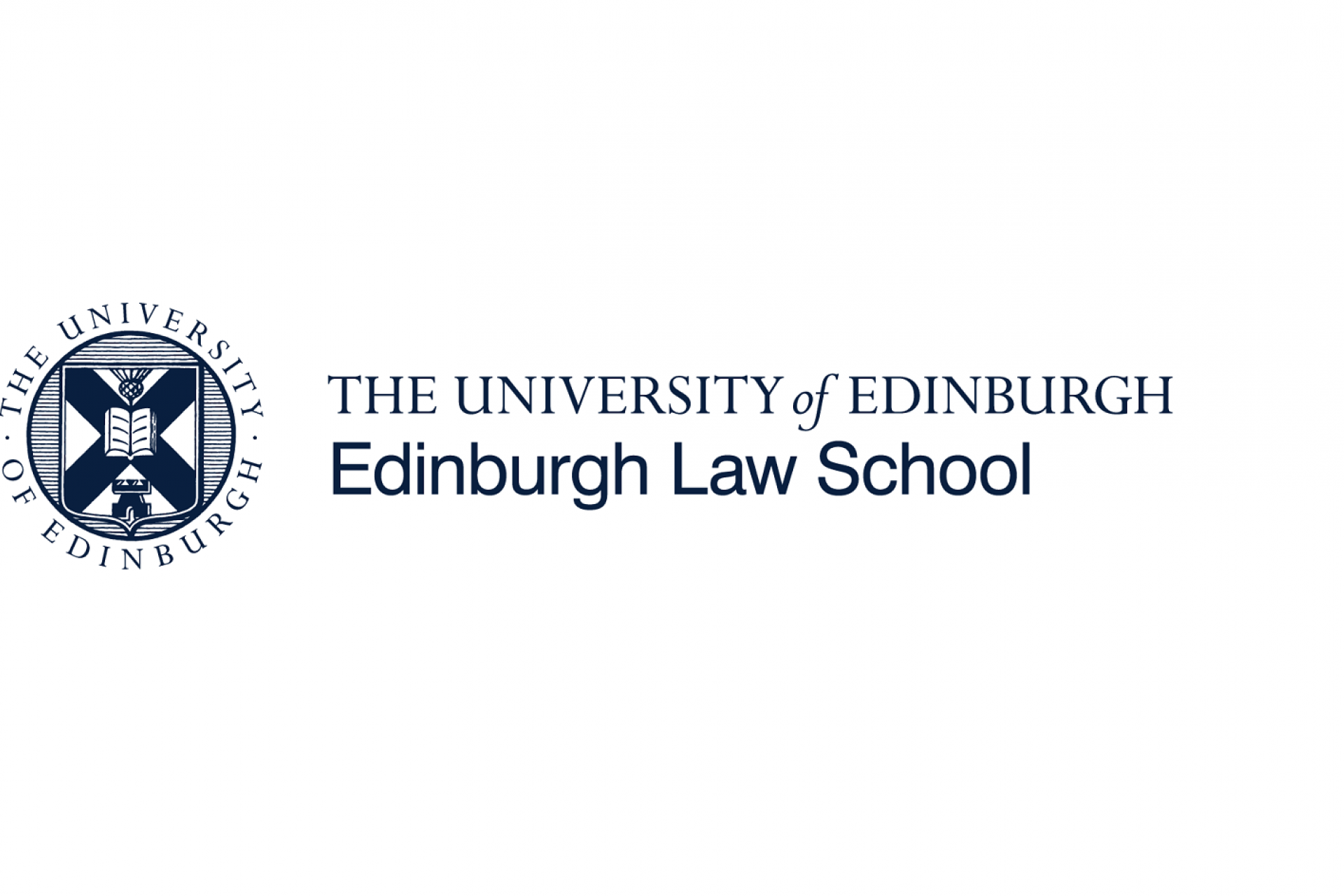Identifying the Foreigner: Proof of Foreign Nationality and the Status of Citizenship (Rayner Thwaites)

Location:
Moot Court Room
Old College
South Bridge
Edinburgh
EH8 9YL
Date/time
Fri 10 May 2019
15:00-16:30
Edinburgh Centre for International and Global Law
Identifying the Foreigner: Proof of Foreign Nationality and the Status of Citizenship
Rayner Thwaites & Helen Irving
Speaker - Rayner Thwaites, University of Sydney
Commentator - Sharon Cowan University of Edinburgh
About the event
Questions of foreign nationality law have been in the news. Earlier this year, the Australian government made an order to deprive terrorist Neil Prakash of his Australian citizenship on the understanding that he is a Fijian citizen (and will therefore not be rendered stateless). The Australian government’s decision on Prakash has a counterpart in the Shamima Begum case, in which the British government deprived her of citizenship on the understanding that she is a Bangladeshi citizen (or that she was able to become such, an additional complication under the British regime). In recent years, Australian awareness of the complexities of foreign nationality has been heightened by the disqualification of parliamentarians as dual citizens. Numerous senators and MPs have been held ineligible to sit in the Australian parliament on the basis that they were also citizens of another country. On these occasions, the operation of the relevant legal provision turned on whether the person held a foreign citizenship. But, how do we know for sure that they did?
In the paper, we analyse fault-lines and inconsistencies in the Australian and British case law addressing proof of foreign nationality. To the extent that foreign citizenship is determinative of the domestic legal issue, we consider how it is – or should be - proved. Our focus is on determining the object of the inquiry. What should one be looking for when one looks for proof of foreign citizenship? Answering this question raises others going to the relation between law and government practice, extending to how states with very different relations between the judicial, legislative and executive branches analyse each other’s law. We argue for approaches to foreign nationality that require an affirmative endorsement of a person’s nationality by the government of the relevant foreign state, and develop the implications of this for how we understand citizenship as a legal status and, beyond this, for the relationship of the citizen to the state.
This event is free and open to all, no registration is necessary.